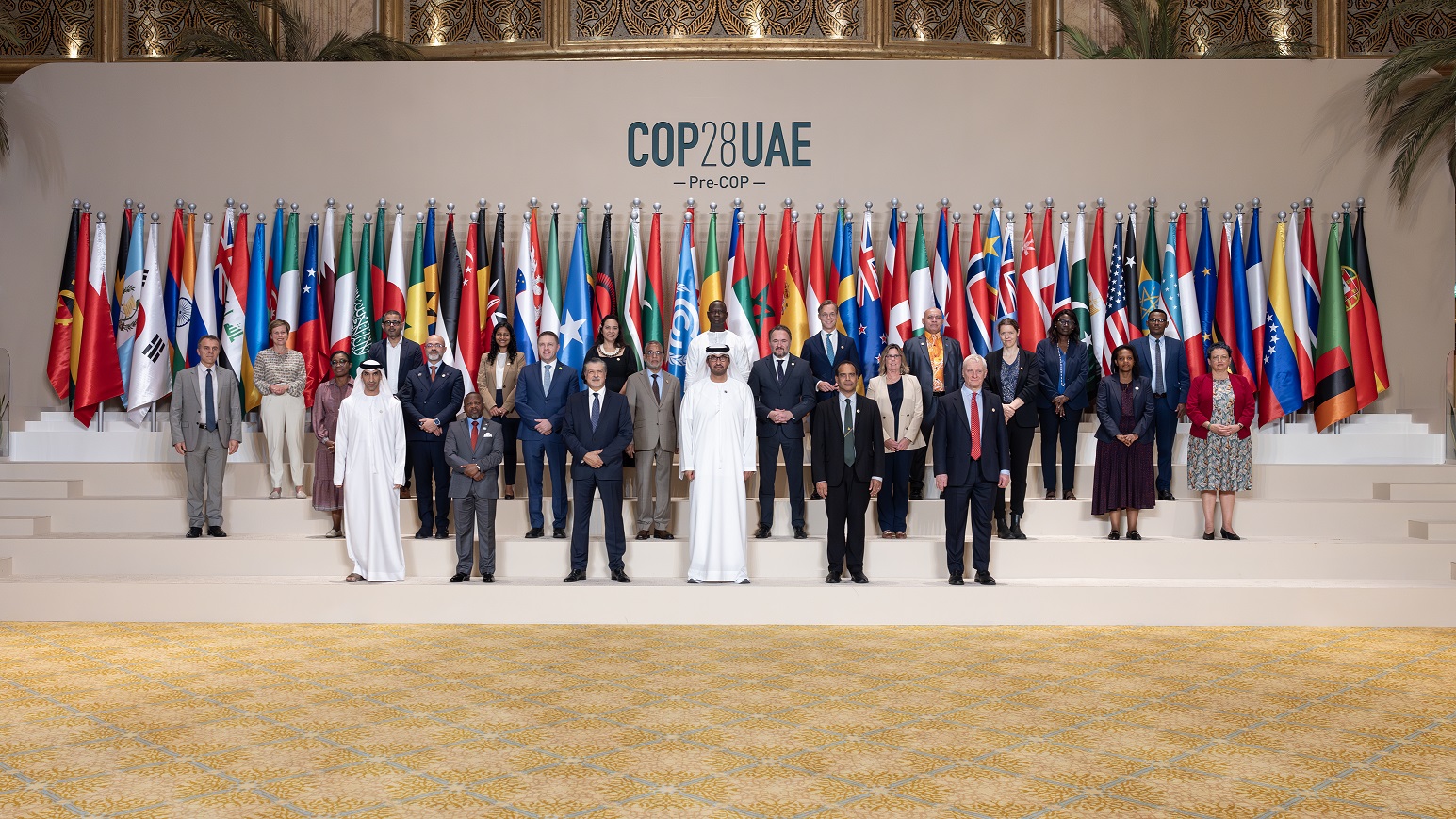This was the third meeting in our Technology, Innovation and Global Health Series.
This meeting provided the opportunity for an exploration of Artificial intelligence (AI) in health in low and middle income (LMICs) countries by convening a diverse round-table dialogue including experts in AI, leaders in global health policy and delivery, and donors supporting global health.
AI has the potential to fundamentally transform the way that healthcare is provided in LMICs. With the promise of improving access to, and quality of, health service delivery, AI could play a prominent role in helping countries achieve Universal Health Coverage (UHC) and the Sustainable Development Goals (SDGs). AI can – and is already – supporting virtual diagnostics and remote patient care, providing interactive training for health workers, and helping people keep track of their own health and the health of their families. It has the potential to streamline health operations – leading to better allocation of medicines and staff, preventing stock outs, and reducing waste. At the same time, by collecting vast amounts of information, AI systems will be instrumental for governments in tracking disease more effectively, and enabling them to predict or respond quickly to potential global health pandemics when they arise.
Yet the anticipation of what’s possible with AI should not distract from the social, ethical, political and other issues raised by big data and machine learning. Even though the questions of when general artificial intelligence will fully arrive are contested (this decade, next decade, next century?), and what AI and in particular general AI will mean for the world, it is obvious that machine learning will drive extensive social and economic changes for individuals, families and populations. What might this mean for the delivery of healthcare in LMICs in the next 10 years, or even in the next five?
This conference explored issues such as:
- How can governments ensure that algorithms respect basic principles of equality and non-discrimination?
- Safety and trustworthiness of AI technologies: does the algorithm know best? Who is accountable if it makes a mistake?
- Equity, access and fairness: will the current inequalities in relation to health care be eradicated, or exacerbated? Will AI become the preserve of those who can afford it?
- Who has the right to the data? And who doesn’t?
- How will AI impact the human relationships in health care delivery?
- What is the impact of increasing precision in predicting health outcomes – where progress in diagnostics is not matched by improvements in access to treatment or medicines.
“Welcome to the most important conversation of our time… the questions raised by the success of AI aren’t merely intellectually fascinating. They’re also morally crucial because our choices can potential affect the entire future of life.” (Max Tegmark, Life 3.0)
This meeting explored these issues, and as an initial scoping discussion considered the case for a stronger framework around AI and health in LMICs. It explored the intersection between AI and health care provision in LMICs and the opportunities and implications for health providers, ministries of health, donors and others who are seeking to improve health provision in LMICs.
Goal and objectives
- Consider the potential for AI to improve health and health outcomes in LMICs.
- Assess the current health challenges in LMICs and how they can be addressed by the integration of AI into provision and delivery.
- Identify where LMICs can lead in AI due to their different needs and priorities, and more open regulatory environment. Determine where reverse innovation can advance global science while upholding ethical principles.
- Develop a deeper understanding of the ethical challenges that will face health providers as they increasingly use AI to augment their services.
- Progress thinking on ethical frameworks and governance of AI technology in health.
- Explore concrete next steps to develop principles for AI in global health that can be shared widely within the global health policy community to help develop international policy making in this new field.
Reading material
Thinking on its own, AI in the NHS, Reform
Artificial intelligence (AI) in healthcare and research, Nuffield Council on Bioethics
Pre-Primary Care, An Untapped Global Health Opportunity, Your.MD
Ethical, Social, and Political Challenges of Artificial Intelligence in Health, Future Advocacy











